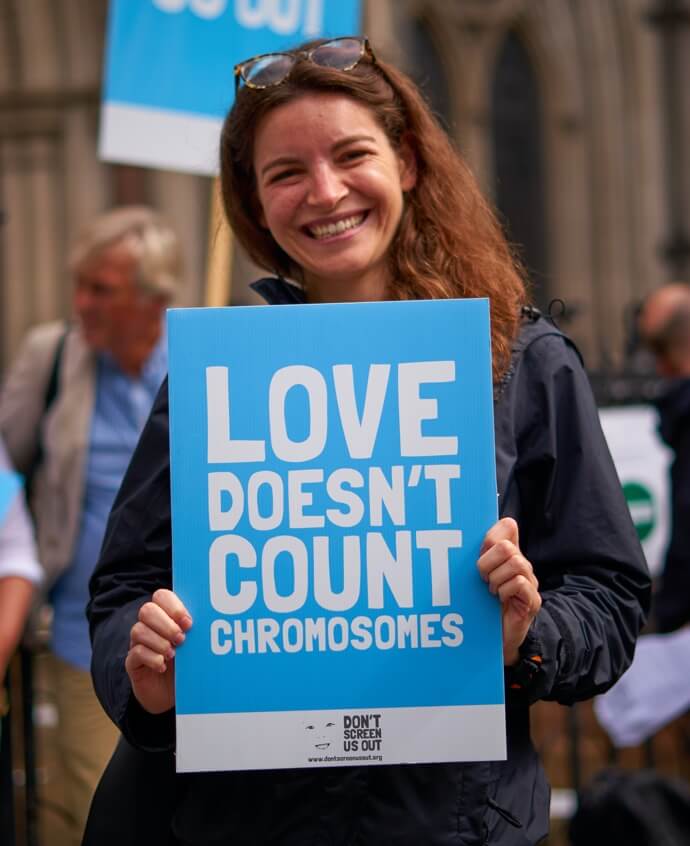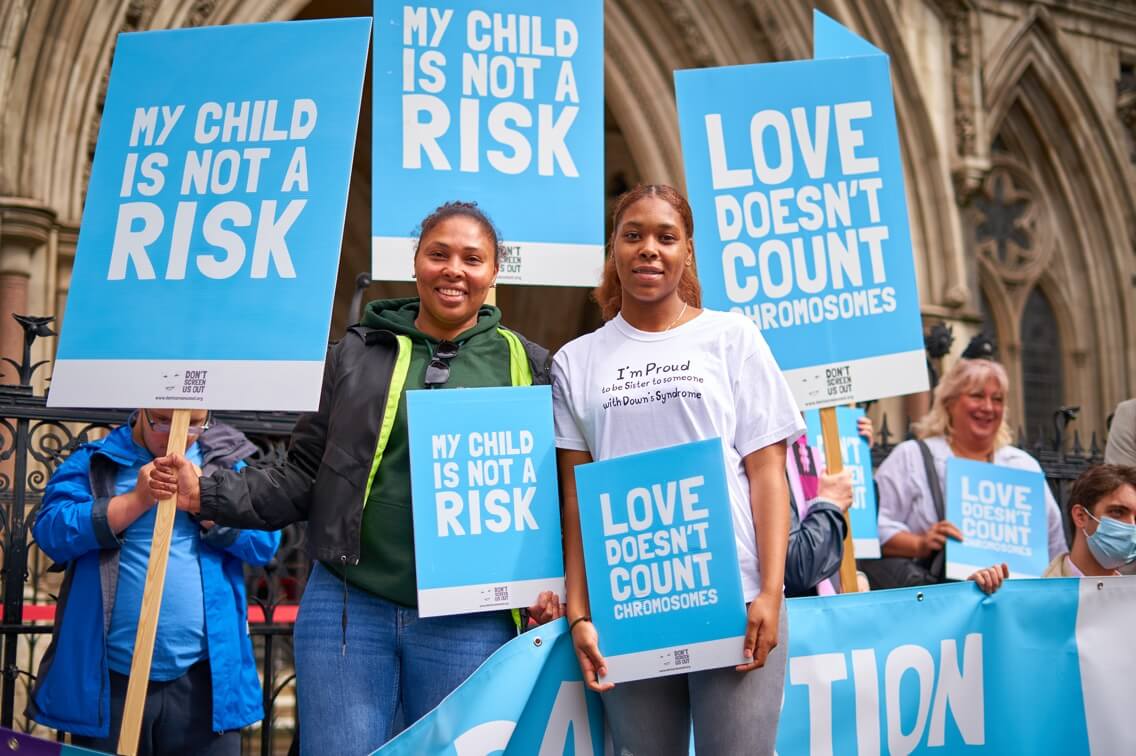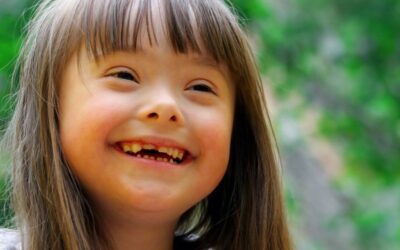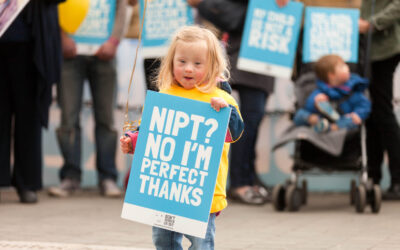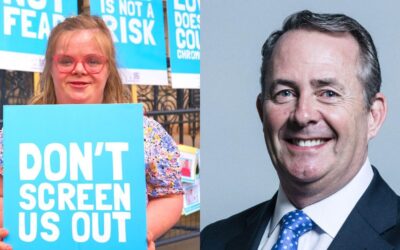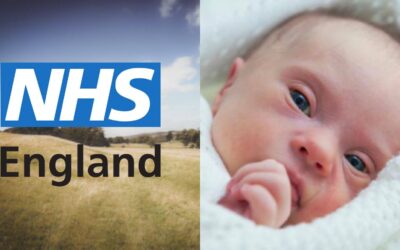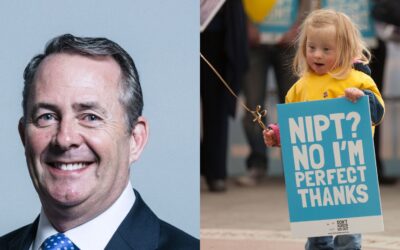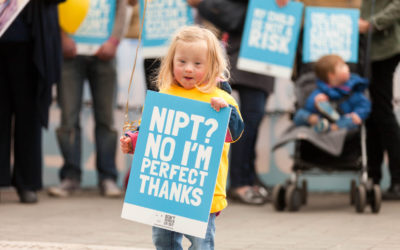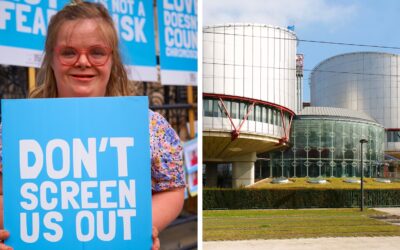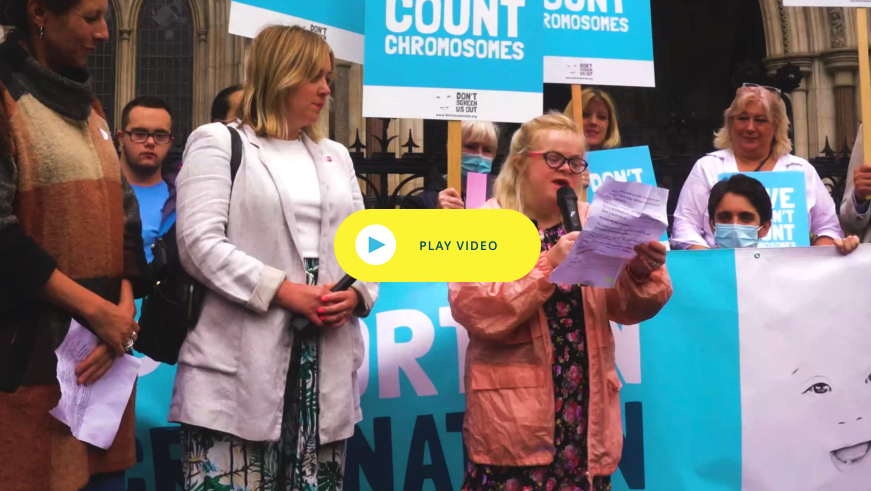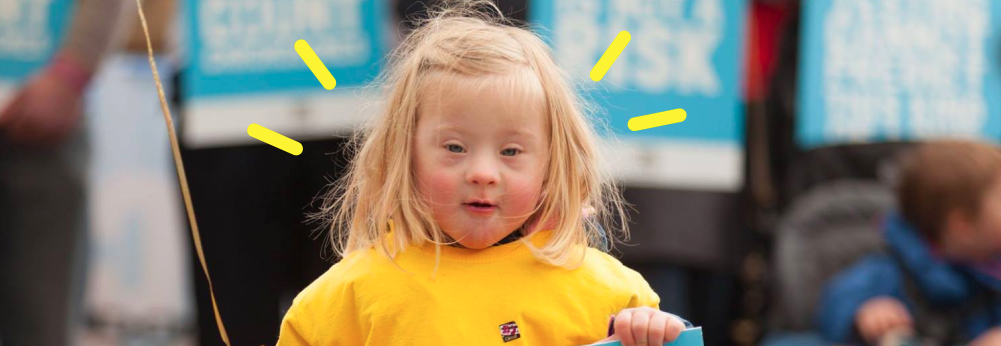Press release for immediate release 15% increase in abortions where baby had Down’s syndrome in Scotland, as momentum grows to stop abortion up to birth for babies with Down’s syndrome 27 May 2025 – Public Health Scotland has published abortion statistics that show...
Creating a world where people with Down’s syndrome are equally valued
latest media
our vision
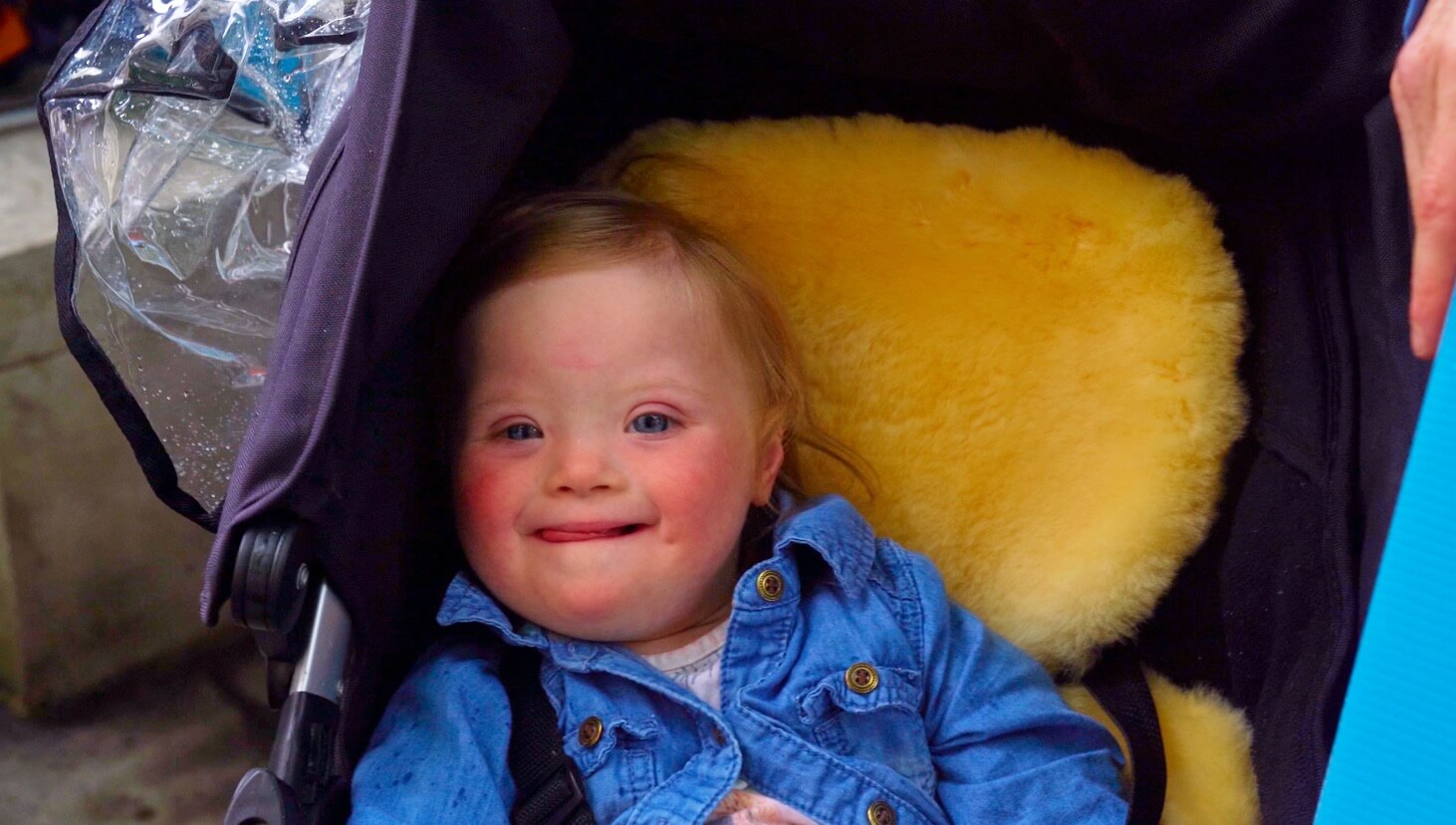
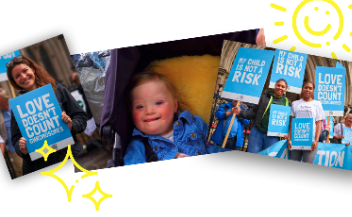
We are a group of over 17,000 people with Down’s syndrome, their families and supporters who are actively working to build a United Kingdom (UK) where people with Down’s syndrome are equally valued and have an equal chance of being born.
Currently around 90% of babies found to have Down’s syndrome in the UK are aborted. This alarmingly high percentage is as a result of discriminatory legislation, policies and practice – as well as wider cultural attitudes towards life with Down’s syndrome.
our focus
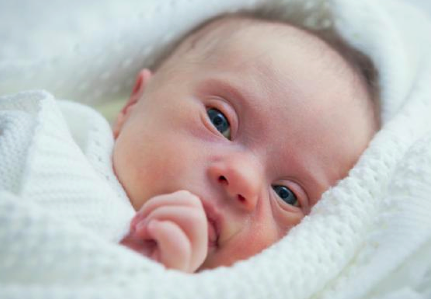
We support the updating of UK legislation to ensure that babies with Down’s syndrome are not singled out by abortion law
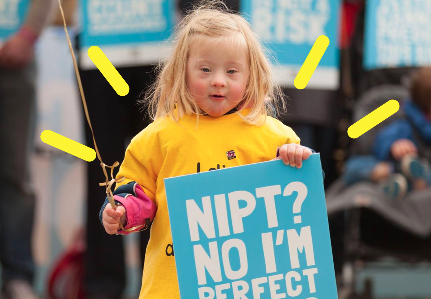
We support a programme of medical reform to improve the delivery and quality of information and support provided to parents expecting a baby with Down’s syndrome
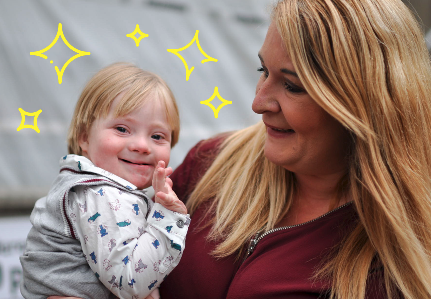
We highlight the negative impact that national screening programmes are having on increasing the number of babies that are screened out because they have Down’s syndrome.
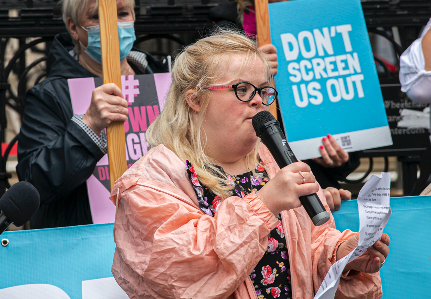
We support reforms to UK legislation and policy to improve support and equality for people with Down’s syndrome and their families throughout their lives
media
Press Release – 15% increase in abortions where baby had Down’s syndrome in Scotland, as momentum grows to stop abortion up to birth for babies with Down’s syndrome
Press release for immediate release 15% increase in abortions where baby had Down’s syndrome in Scotland, as momentum grows to stop abortion up to birth for babies with Down’s syndrome 27 May 2025 – Public Health Scotland has published abortion statistics that show...
Press Release – 4% increase in abortions where baby had disability in Scotland, as momentum grows to stop abortion up to birth for babies with Down’s syndrome
Press release for immediate release 4% increase in abortions where baby had disability in Scotland, as momentum grows to stop abortion up to birth for babies with Down’s syndrome 29 May 2024 – Public Health Scotland have published abortion statistics that show that...
Press Release – 760 abortions where baby had Down’s syndrome as momentum builds to stop abortion up to birth for babies with Down’s syndrome
Press release for immediate release 760 abortions where baby had Down’s syndrome as momentum builds to stop abortion up to birth for babies with Down’s syndrome 23 May 2024 - The most recent abortion statistics released by the Department of Health and Social Care...
PR – 50 MPs sign amendment to stop abortion up to birth for babies with Down’s syndrome, public urged to contact MPs ahead of vote on 15 May
Press release for immediate release Press Release - 50 MPs sign amendment to stop abortion up to birth for babies with Down's syndrome, public urged to contact MPs ahead of vote on 15 May Disability advocacy group, Don’t Screen Us Out, are urging members of the public...
Press Release – Almost 90% of all babies prenatally diagnosed with Down’s syndrome were screened out by abortion in 2021, according to NHS England
Press release for immediate release Almost 90% of all babies prenatally diagnosed with Down's syndrome were screened out by abortion in 2021 Disability campaigners have called for MPs to urgently update abortion legislation after statistics released by NHS England...
Press Release – Sir Liam Fox MP tables amendment to stop abortion up to birth for babies with Down’s syndrome
Press release for immediate release Sir Liam Fox MP tables amendment to stop abortion up to birth for babies with Down's syndrome Sir Liam Fox, former GP, cabinet minister and defence secretary, has tabled an amendment to the Government's Criminal Justice Bill, signed...
Press Release – 1,428 abortions for disability, as landmark case against UK Govt goes to European Court of Human Rights
Press release for immediate release 1,428 abortions for disability, as landmark case against UK Govt goes to European Court of Human Rights The Department of Health and Social Care has this morning released abortion statistics for the first six months of 2022 (1...
Press Release – 84% increase in abortions where baby had Down’s syndrome in Scotland, disability group call on Scottish Government to undertake urgent inquiry
Press release for immediate release 84% increase in abortions where baby had Down’s syndrome in Scotland, disability group call on Scottish Government to undertake urgent inquiry 31 May 2023 - Abortion statistics released by Public Health Scotland show that there has...
Press Release – Woman with Down’s syndrome to take case against UK Govt over discriminatory abortion law to European Court of Human Rights
Press release for immediate release Woman with Down’s syndrome to take landmark case against UK Govt over discriminatory abortion law to European Court of Human Rights A woman with Down’s syndrome has announced that she will be taking her landmark case against the...
as featured on
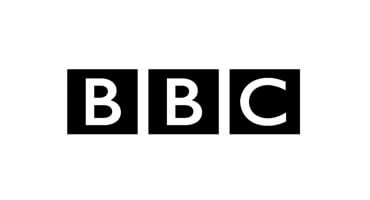
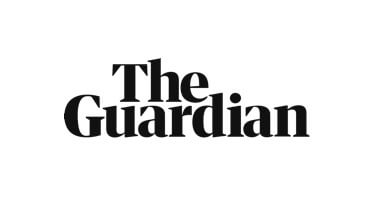
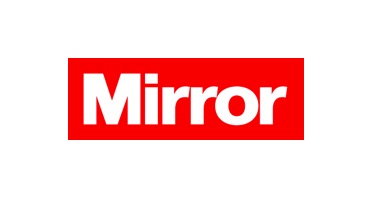
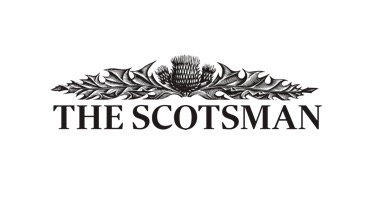
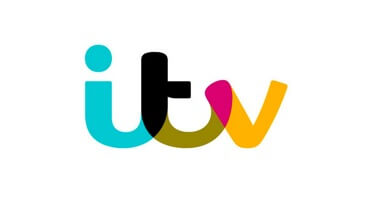
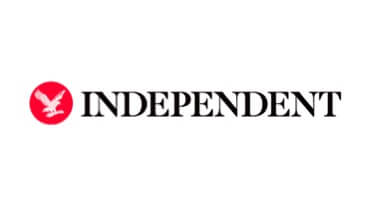
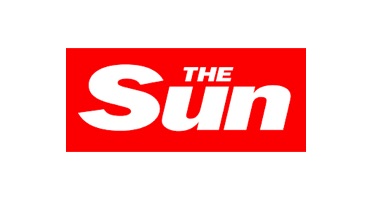
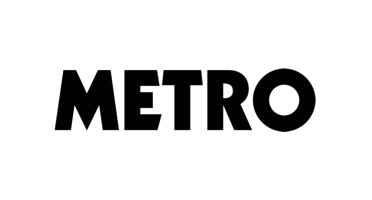
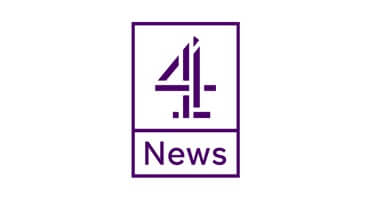

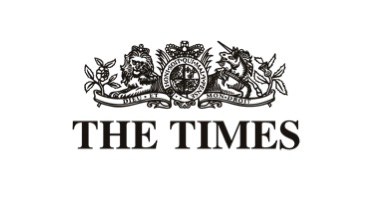
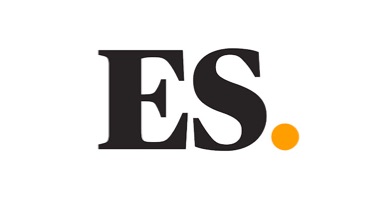
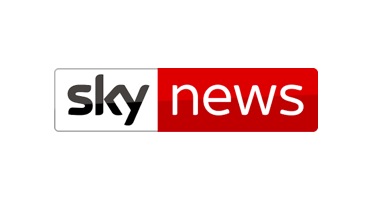
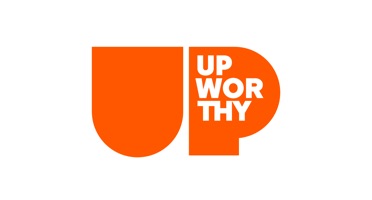
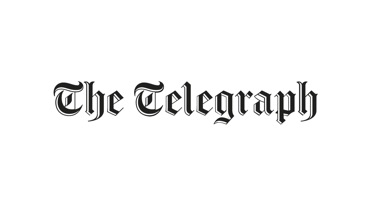
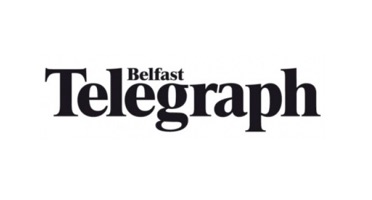

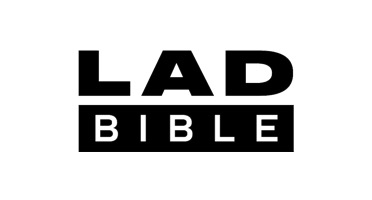
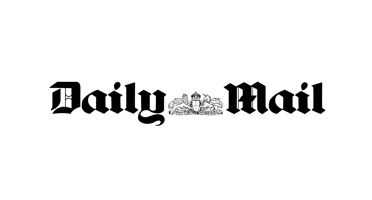
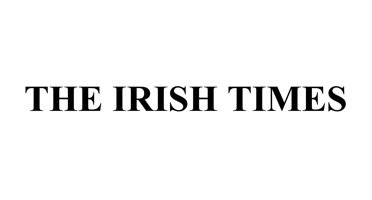
videos
It’s time our law’s caught up
with positive changes in attitudes towards people with Down’s syndrome
Heidi Crowter, a 26-year-old woman from Coventry who has Down’s syndrome, together with Máire Lea-Wilson from Brentford, West London, whose two-year-old son Aidan has Down’s syndrome, are challenging the UK Government over a disability clause in the current law which singles out babies with disabilities such as Down’s syndrome.
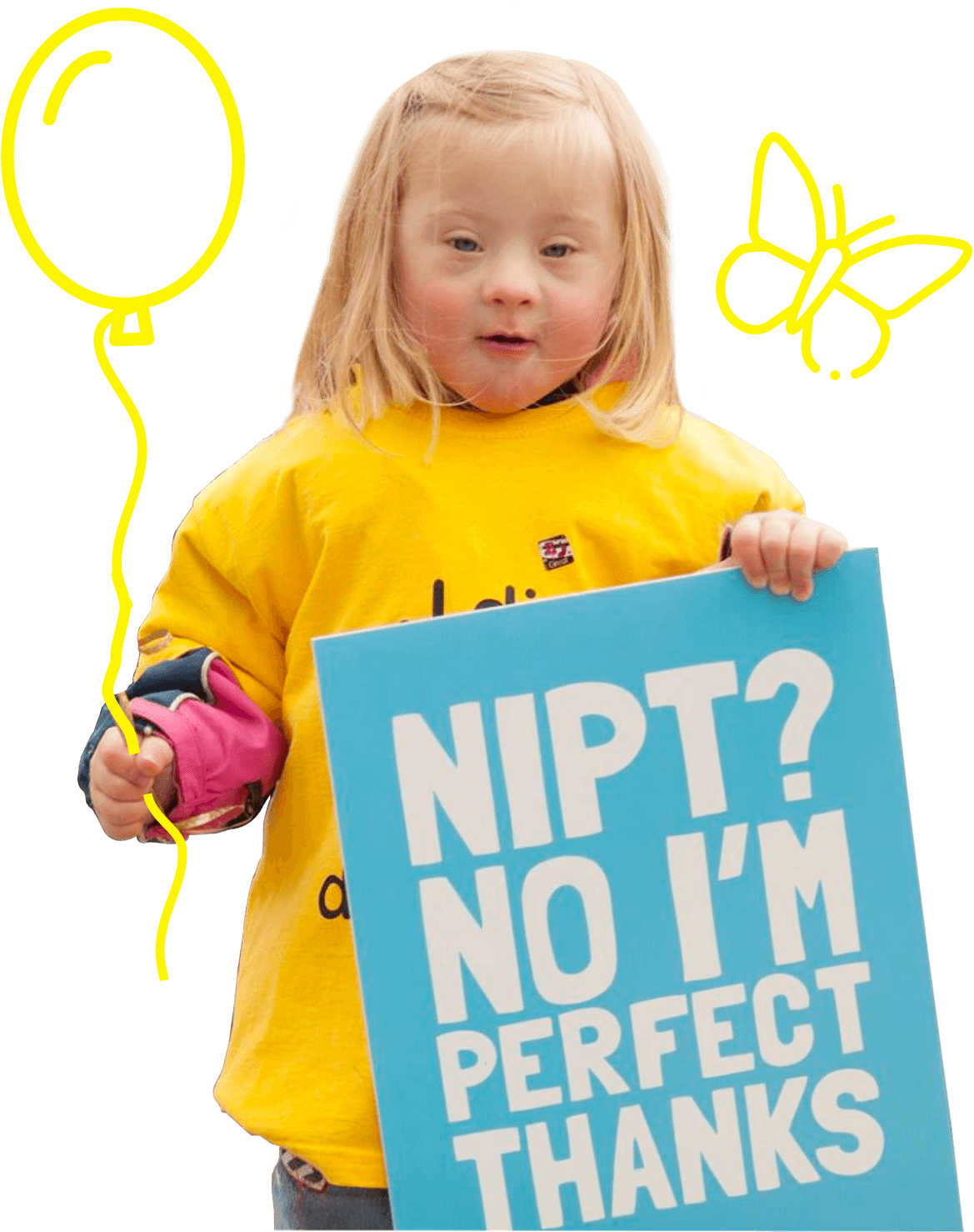
Keep up to date…
Be the first to know about our latest campaign developments and how you can help create a world where people with Down’s syndrome are equally valued
Add your email address below:
